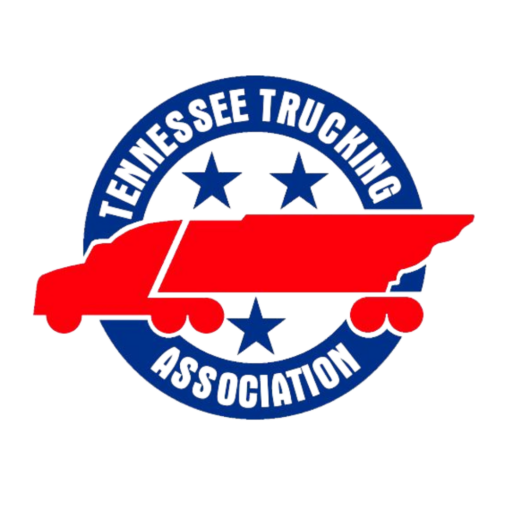Frequently Asked Questions Related to the FMCSA Emergency Declaration Part 2: 03/25/2020
FMCSA just released an additional round of Emergency Declaration Frequently Asked Questions, covering important questions such as the inclusion of feed under the exemption and other products.
Frequently Asked Questions Related to the FMCSA Emergency Declaration Part 2: 03/25/2020
Note: This guidance document does not have the force and effect of law and is not meant to bind the public in any way. This guidance is intended only to provide clarity regarding existing requirements under the law.
Is wood pulp covered under the expanded emergency declaration?
Wood pulp is covered if it is being used as a precursor to one of the essential items listed in the exemption as follows: (1) medical supplies and equipment related to the testing, diagnosis and treatment of COVID-19; (2) supplies and equipment necessary for community safety, sanitation, and prevention of community transmission of COVID-19 such as masks, gloves, hand sanitizer, soap and disinfectants or (3) food, paper products and other groceries for emergency restocking of distribution centers or stores;
Are the raw materials used to manufacture bleach, disinfectants, hand sanitizers and similar items covered under the expanded emergency declaration?
Yes, these items and their precursors are covered as “supplies necessary for community safety, sanitation and community prevention of. . .COVID 19.”
Does the Declaration cover packaging for food — for example, produce containers?
Yes, packaging is covered as a precursor necessary to the production and transportation of products covered under the emergency exemption.
Are feed and fertilizer covered under the emergency declaration?
Yes, both are covered as precursors to essential items.
Is pet food covered under the emergency declaration?
No, pet food is not covered.
The emergency declaration states that after completed work under the declaration and returning to normal operations, a commercial vehicle driver must take 10 hours off. What if there is nowhere at the location for the driver to park?
The driver may proceed to the nearest reasonable, safe location to obtain the required 10 hours of rest.
Is the time spent driving to pick up a truck regulated as on duty time?
No. Time spent travelling to work in a personal vehicle does not meet the definition of on duty time in 49 CFR 395.2.
